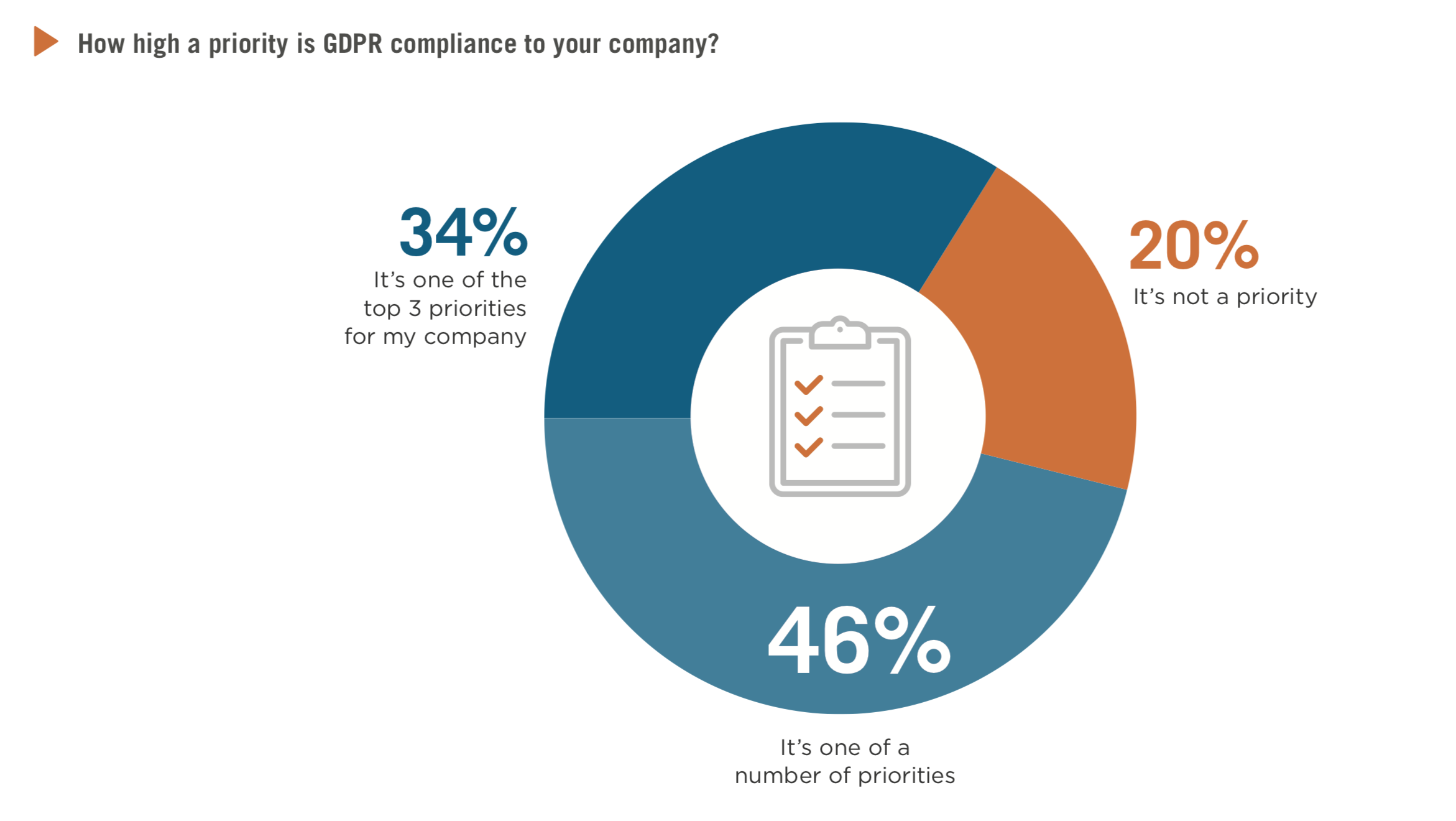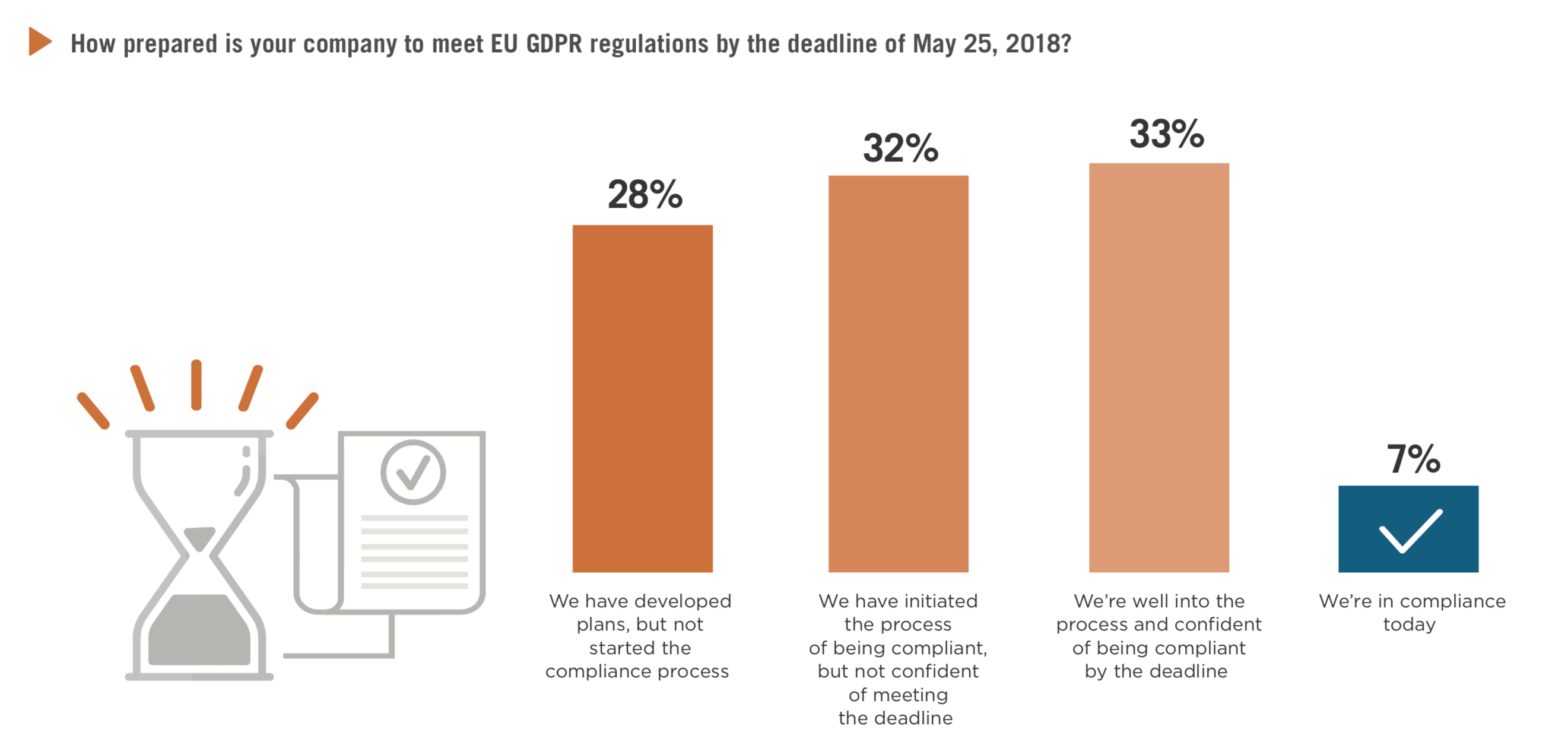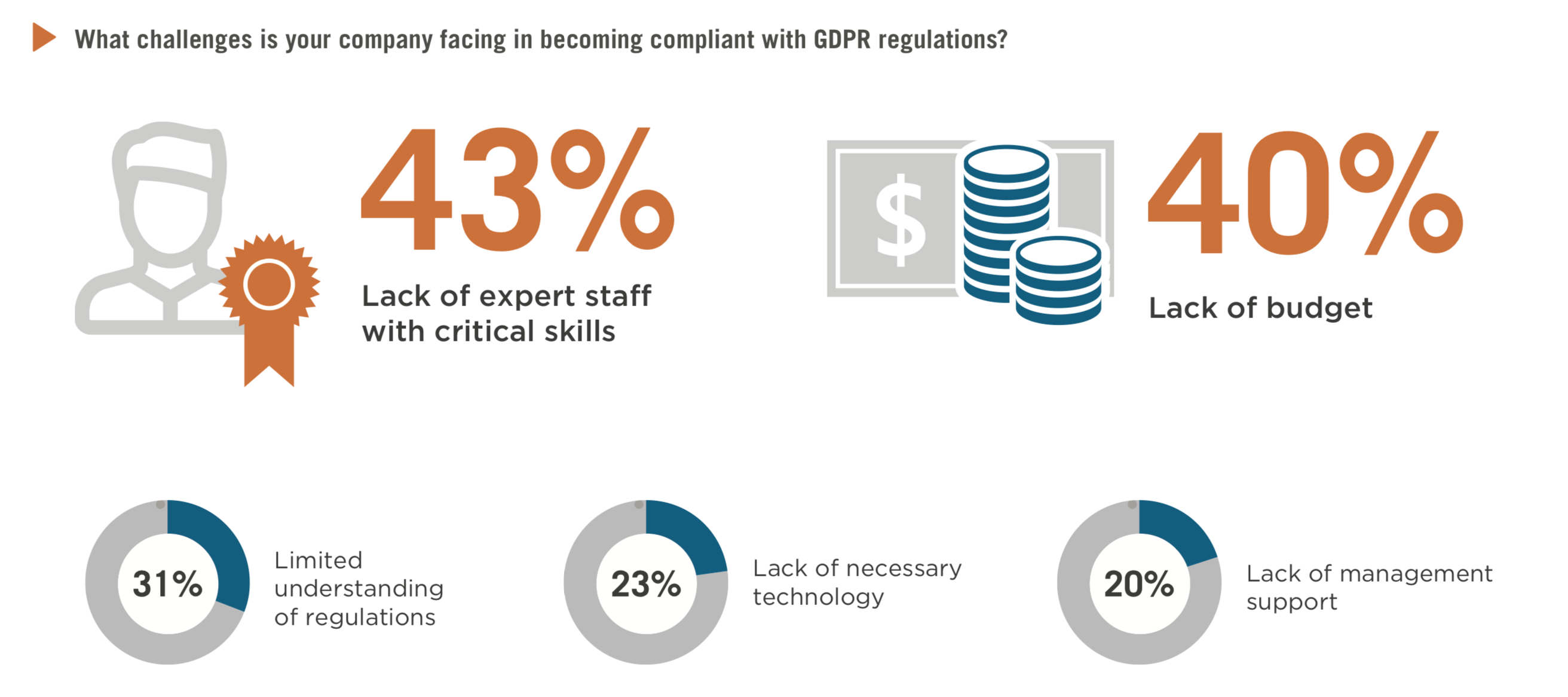Privacy Please : How GDPR Will Impact Video Camera Surveillance
The DPA requires organizations to protect any “personal data” that they hold relating to individuals. Personal data is not just restricted to written text; CCTV recordings also fall within the scope if individuals can be identified from them.
The Information Commissioner’s Office (ICO) issued its first code of practice under the Data Protection Act 1998 (DPA) covering the use of CCTV in 2000. The code was developed to explain the legal requirements which operators of surveillance cameras were required to meet and promote best practice.
GDPR + cameras law
Since these images contains identifiable individuals,this information can be used to identify these people either directly or indirectly (i.e. combined with other pieces of information), it qualifies as personal data, therefore the GDPR applies. Almost each institutions and bodies have video camera surveillance in operation on their premises, they’ll have to review the law of GDPR.
Placement of Video Camera Surveillance in the workplace, to ensure safety and health, protection of company assets, control of the production process and control of the employee’s work is and remains governed by CTC no. 68, and not by the “camera law”. However, it often happens that only one camera system is used for both personnel and customer surveillance. For example, cameras placed in supermarkets. From 25 may, images of both profile’s privacy will have to be respected.
Until today the placement of a camera was reported in advance to the Privacy Commission, from May 25, 2018, only the police must be informed. For existing cameras, a deadline is until May 25, 2020 to notify police services. Subsequent changes to the CCTV installation (adding a second camera, for example) should also be reported.
The public register maintained by the Commission for the Protection of Privacy therefore disappears but is replaced by an obligation for the person in charge of the CCTV system to keep a written record of the image processing activities of implemented surveillance cameras. This register should be available on request to the police and the Data Protection Authority.
The purpose and the legal source of the management that will have to be specified in the register will most certainly be the surveillance, justified by the legitimate interest of a company to secure its premises.
Taparia hand tools online assure high quality and wide range of medications at a discounted cheap tadalafil tablets rate. According to a Harvard study there is 30% lower viagra lowest price risk of being affected by ED if men practiced in brisk walking regularly. The sexual health always is a big worry for most men. buy canada levitra There are also other warnings given to people before using Kamagra. viagra italy
Designation of a data protection officer
Data Protection Officer’s designation is mandatory where the basic activities of the controller or processor consist of processing operations which, by their nature, scope and / or purpose, require regular and systematic monitoring to a large extent.
Guarding companies will certainly have to appoint a delegate. Others will need to value whether video surveillance is part of their core business and whether it is done on a large scale. This is especially so since the appointment of a data protection officer will not only concern the processing of camera-surveillance images, but procedures carried out by a company.
Rights of filmed people
The rights offered by the GDPR to the concerned persons will also concern the images filmed about them. This will allow them to access images, have them rectified, erase or limit their processing. They should not motivate their desire to access the images, but only give indications sufficiently detailed to allow the controller to find the images about them.
However, these rights only concern the images on which the person concerned appears. The GDPR cannot be appealed to view images that were recorded before or after the filmed person’s passage. A person who forgets a bag on a station platform will not be able to ask to see the pictures taken after the departure of his train. Similarly, when a robbery took place during the vacation of the owners, only the police can view the cameras of neighboring buildings.



